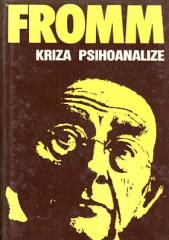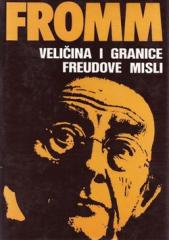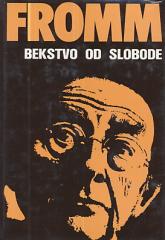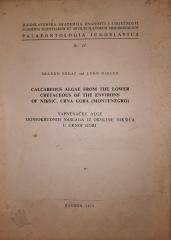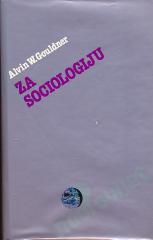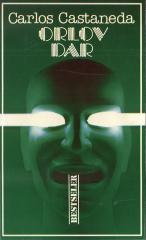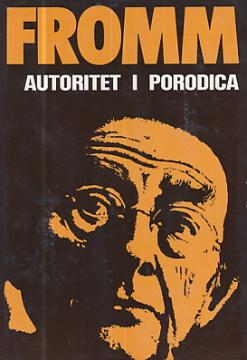
Autoritet i porodica
In his work "Authority and Family", Erich Fromm analyzes the transformation of authority and family in modern society. The foreword was written by Gvozden Flego, and the book also contains the study "Revolutionary Character".
Through a psychoanalytic and sociological perspective, Fromm examines how traditional forms of authority – patriarchal and hierarchical – gradually change with the development of capitalism, the Enlightenment and democracy. Authority in the family is no longer self-evident or unconditional; instead of imposed obedience, the emphasis is increasingly placed on internal responsibility and more equal relationships.
Fromm distinguishes between rational and irrational authority: rational authority encourages the development and freedom of the individual, while irrational authority demands unquestioning obedience. In this context, the family becomes a key institution for the transmission of social values, where the child's relationship to authority and society is shaped. The traditional family, as the foundation of authoritative structures, is changing in modern society, losing its original role.
Changes in economic and social structure – especially the role of women, urbanization and economic independence – contribute to the weakening of patriarchal power. Fromm emphasizes that the healthy development of society requires a critical examination of authority, reliance on reason and ethical values, and the development of an autonomous individual.
No copies available
The last copy was sold recently.
